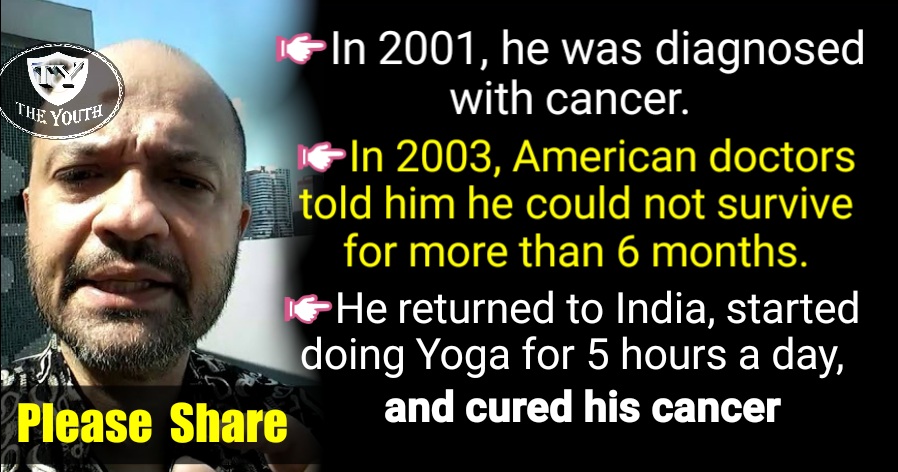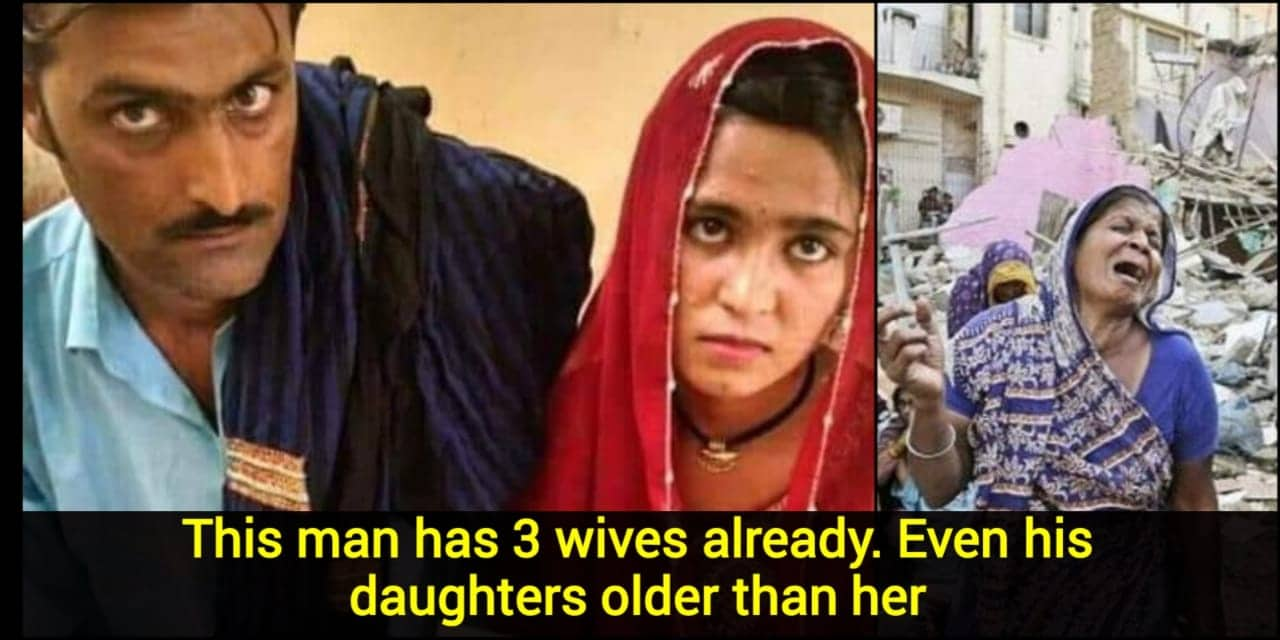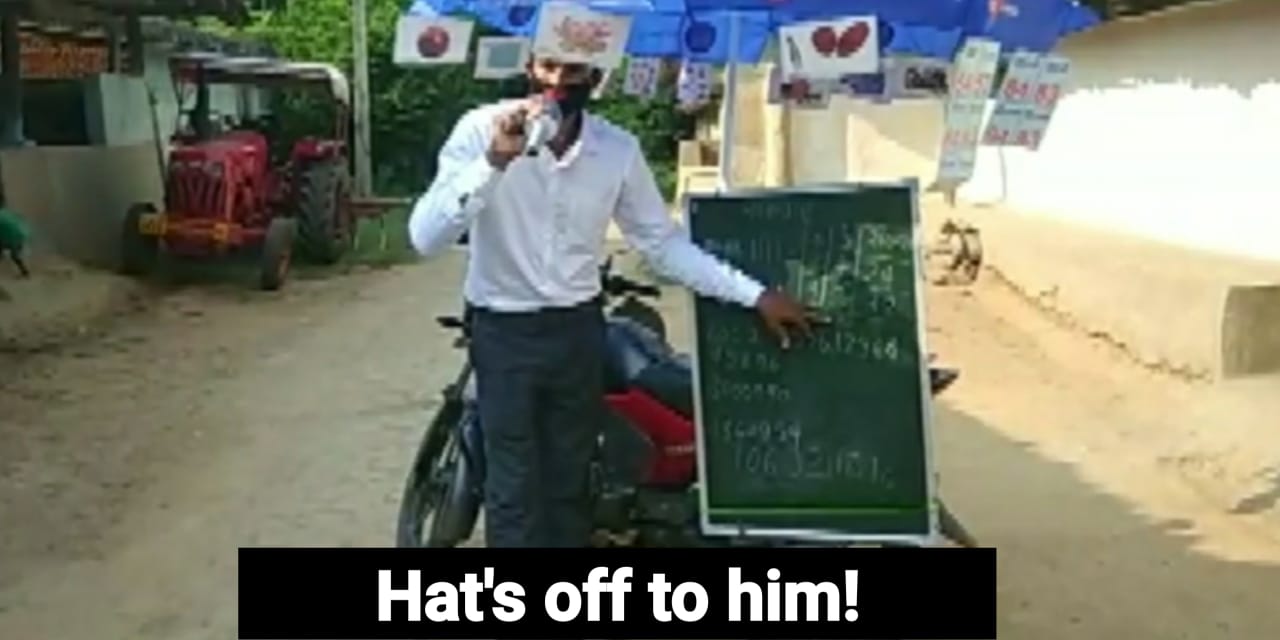No products in the cart.
This Amazing Boatman has built a Bamboo Bridge on a river, Local people can cross safely
Every human being is identified by the name but not all earn beautiful nicknames. People who push themselves beyond human imagination are the ones who are destined to earn nicknames. For example, one whose work stands out the best in the society gets adulation and appreciation.
Now, we are going to take a glimpse at the interesting real-life story of ‘Boatman’ who brought a massive change in the society. Who is Boatman? What has he done to win people’s hearts? The 45-year-old Sheikh Lalchand who was a boatman by profession took the bull by the horns in building a bamboo bridge across the Mundeswari river in the Howrah district of West Bengal.

The bridge is undoubtedly great which has impacted the lives of these local people. Thanks to Boatman Sheikh Lalchand. He will forever be remembered for the beautiful bridge he created. It’s because of him, people could easily cross the bridge from one end to the other. Boatman’s amazing heroics caught attention in the local area; he received countless praises from the people.
The villagers from Ghoraberia-Chitnan and Bhatora, breathing on an island surrounded by the rivers Mundeswari, Damodar, and Roopnarayan, are now well connected with the mainland. When boats could not be operated during low tide, students faced severe problems as they had to cross the Mundeswari river on foot while carrying school bags.
Sheikh came up with a brilliant idea of building a bamboo bridge over the river. He was not interested to see students and many other people suffer and so he decided to build the bridge without wasting any time. “During low tide, people had to cross the river in knee-deep slush and mud when boats could not be operated. Students suffered the most. They could not cross the river on foot while carrying school bags. Then I thought why not build a bamboo bridge over the river?” Sheikh told The Telegraph.
It was not so easy to build the iconic Bamboo Bridge as it costs a total amount of Rs 7.5 lakhs. He was not that rich to gather all money by himself. He had to sell his wife’s ornaments and in addition to that, he lent money from his relatives. It took 28 days for 16 labourers to build the bridge. He is recovering the money by collecting a toll from the people who take the bridge.
People who cross the bridge by foot or on cycle pay 2 rupees whereas the Motorcyclists pay Rs 6, while cars have to pay Rs 100 to cross the bridge. Students and senior citizens pay 1 rupee, while ambulances and students during their exams are permitted to use the bridge for free. Farmers can pay 50 rupees monthly and can use the bridge whenever they want to.












